|
LISTEN TO THIS THE AFRICANA VOICE ARTICLE NOW
Getting your Trinity Audio player ready...
|
Rebel fighters from the M23 movement, reportedly backed by Rwanda, captured the town of Masisi in the Democratic Republic of Congo’s (DRC) North Kivu province on Sunday, January 5, 2025. This marked the second town to fall under their control in just two days, further deepening the humanitarian crisis in the troubled region.
Masisi, a town of approximately 40,000 residents and the administrative center of its territory, is situated about 80 kilometers north of Goma, the provincial capital. The M23’s rapid advance underscores their resurgence in eastern DRC, a mineral-rich area plagued by violence and instability for decades.
The group’s spokesperson reportedly addressed residents, claiming their mission was to “liberate the country.” Meanwhile, silence from Congolese authorities has left many questions unanswered about the government’s response to the fall of Masisi.
The M23’s capture of Masisi follows their takeover of Katale on Friday, another strategic town in the region. The group, which initially emerged in 2012 as a Tutsi-dominated offshoot of a prior rebel faction, resumed its activities in 2021 after years of dormancy. Since then, they have seized control of significant areas, displacing hundreds of thousands of people and reigniting fears of a potential attack on Goma, a city with a population of about two million.
In 2012, the M23 briefly occupied Goma, leading to widespread international condemnation. Although fears of another occupation surfaced last year, fighting subsided until December 2024, when the group renewed its offensive.
The role of neighboring Rwanda in the crisis has drawn intense scrutiny. A 2024 UN report alleged that Rwanda had deployed approximately 4,000 troops to support the M23, an accusation Kigali denied. Rwanda, in turn, has accused the Congolese government of collaborating with militia groups responsible for the 1994 genocide against Tutsis and moderate Hutus.
Critics argue that Rwanda uses the M23 as a proxy to exploit the DRC’s abundant resources, including gold, cobalt, and tantalum—essential components in mobile phones and electric vehicle batteries. The DRC recently initiated legal action against Apple, alleging the use of “blood minerals” from the conflict-ridden region. Apple responded by cutting ties with suppliers in both Rwanda and DRC
Efforts to broker peace between DRC President Félix Tshisekedi and Rwandan President Paul Kagame have faltered. Angola had been mediating talks between the two leaders, but negotiations broke down in December, leaving the region teetering on the brink of further escalation.
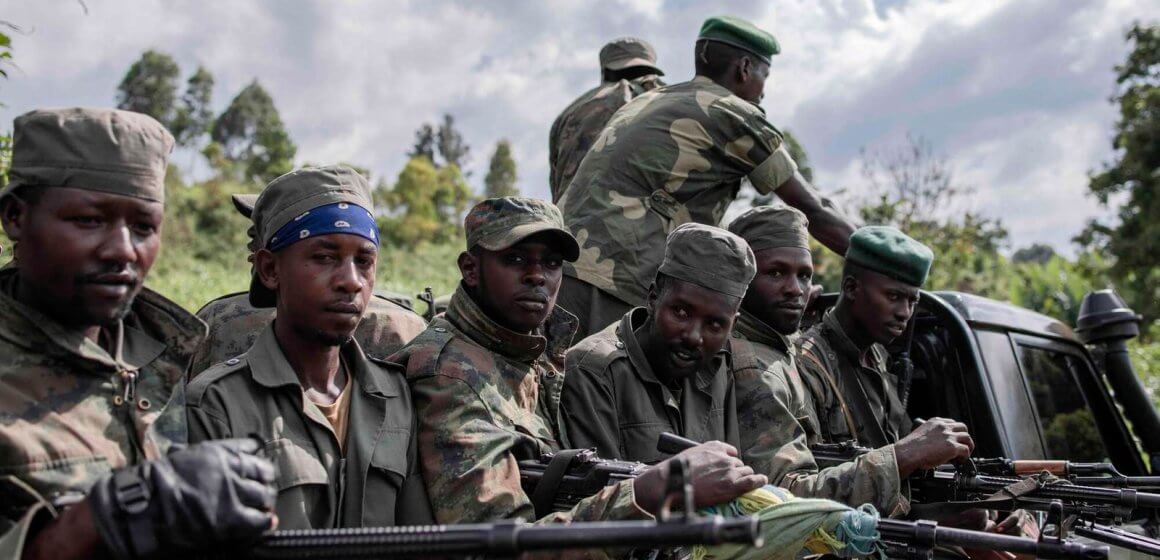



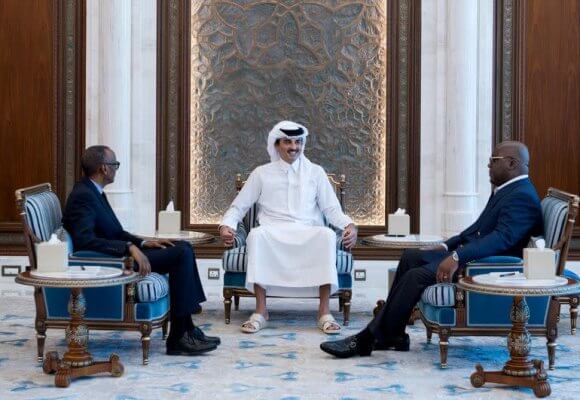
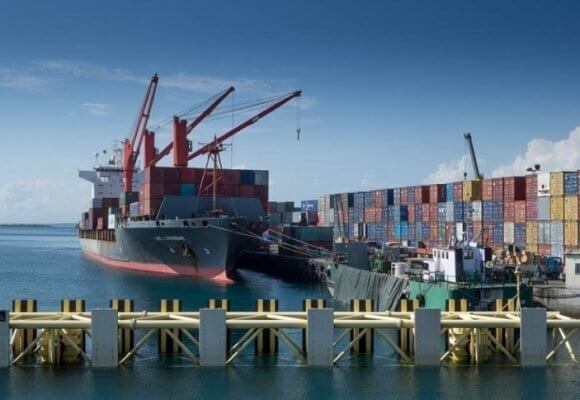
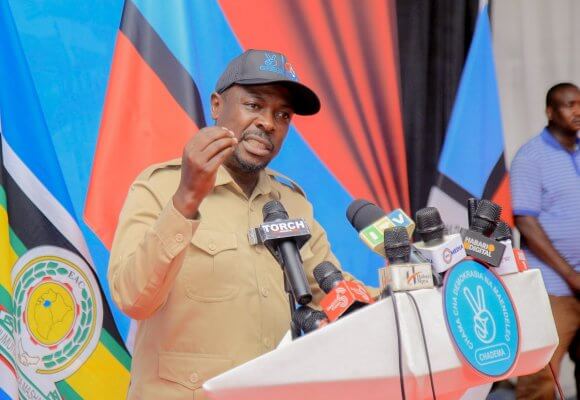
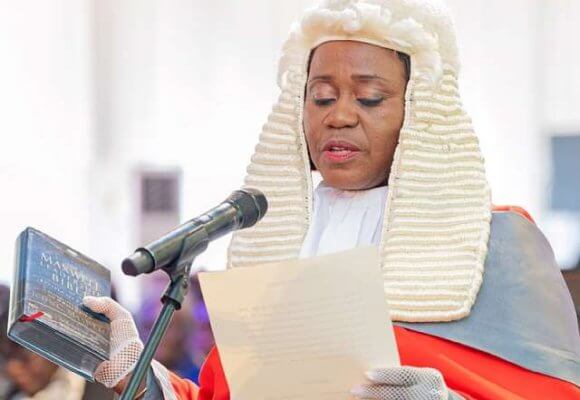
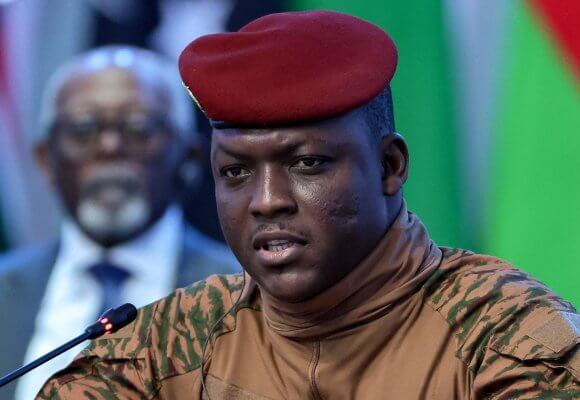


LEAVE A COMMENT
You must be logged in to post a comment.